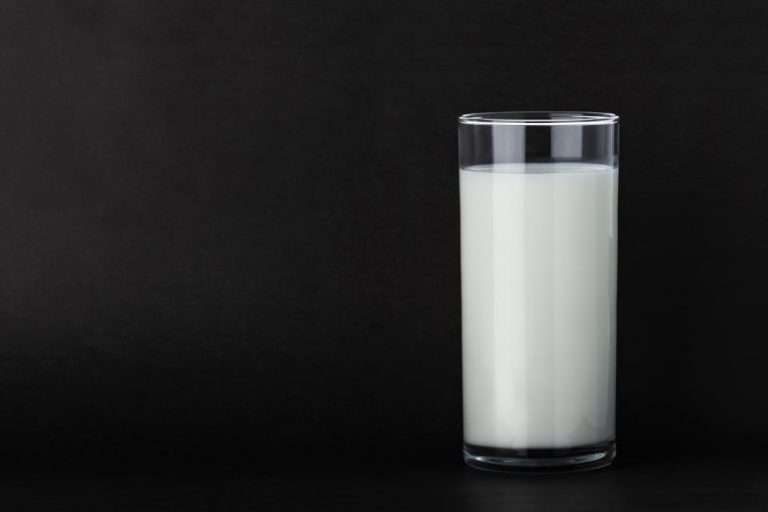Do you suffer from sinus problems? Tired of taking over-the-counter medications that only mask your symptoms? Have you considered an Elimination Diet for Sinus Problems?
There is a natural way to eliminate sinus problems without drugs or surgery. In fact, many people who’ve tried the elimination diet have found relief within days!
Once you figure out what foods are triggering your sinuses, you’ll be able to make changes to your diet to stop the problem once and for all.
In this article, we look at how foods trigger or worsen sinus problems and what you can do with an elimination diet for sinus problems
Table of Contents
What Is Sinusitis?
Sinusitis is an inflammation that occurs in the nose and sinuses. There are many different types of sinus infections, including acute, chronic, bacterial, viral, fungal, allergic, and postoperative.
Acute sinusitis usually lasts four to eight weeks and is often associated with colds, flu, allergies, and upper respiratory tract infection.
Chronic sinusitis generally lasts three months or longer and can cause headaches, facial pressure, and nasal obstruction.
The most common type of sinusitis is called rhinosinusitis. Rhinosinusitis occurs when mucous membranes lining the nose become inflamed due to blockage of the airways. This leads to excessive drainage into the nose and sinuses causing symptoms such as nasal congestion, facial pain, and headache.
Symptoms of sinusitis include:
- Nasal Congestion
- Facial Pain/Pressure
- Headaches
- Runny Nose
List of Foods to Avoid with Sinusitis
1. Alcohol
Alcoholic beverages contain high levels of acetaldehyde, which irritates mucous membranes. This causes swelling and irritation in your nose, leading to sinusitis.
2. Dairy Products
Dairy contains casein which has been shown to trigger inflammation in the body.
Dairy products such as cheese and milk often trigger allergic reactions in those who are sensitive to dairy. These reactions can include congestion, sneezing, and runny noses.
3. Coffee
Coffee contains caffeine, which stimulates the nervous system. When taken excessively, coffee can cause headaches, upset stomach, and dehydration. In addition, caffeine has been shown to increase blood pressure and heart rate.
4. Chocolate
Chocolate contains large amounts of caffeine, which can cause similar symptoms to coffee. However, chocolate also contains phenylethylamine (PEA), which increases serotonin production. Serotonin is a neurotransmitter that helps regulate mood and sleep patterns. Too much PEA can cause insomnia, anxiety, and depression.
5. Citrus Fruit
The citric acid found in citrus fruits can dry out your nasal passages. Overuse of citrus fruit can also cause allergies.
6. Egg Whites
Egg whites contain lecithin, which can clog your nasal passages. Lecithin is also present in soybeans, peanuts, and wheat germ.
7. Garlic
Garlic contains sulfur compounds that can inflame your nasal passages. Excessive garlic consumption can also cause nausea, diarrhea, and vomiting.
8. High Sugar Foods
Refined sugar causes inflammation, according to research published in the journal Inflammation. This inflammation leads to worsening sinusitis symptoms. Sugar intake should be kept low, and avoiding it will help you feel better, says Dr. David Katz, director of Yale University’s Prevention Research Center. He recommends keeping your daily sugar intake under 20 grams.
High amounts of sugar are found in many processed foods, including cakes, cookies, candies, ice cream, soda, and even some fruit juices. If you want to avoid refined sugars, try eating whole fruits and vegetables over sugary snacks. You might find that you enjoy healthier alternatives more.
9. Histamine Foods
Histamine is a naturally occurring substance found in food. Histamines are produced by bacteria during fermentation processes such as pickling or salting. Some people develop sensitivity to histamine due to genetic factors, while others become sensitive to it because of environmental factors. Symptoms of histamine intolerance vary depending on the individual but include gastrointestinal problems like diarrhea, bloating, nausea, vomiting, abdominal pain, gas, heartburn, and stomach cramps. Some symptoms occur within minutes of eating a particular type of food.
Some foods contain large amounts of histamine, including certain types of processed meats, dried fruits, fermented products, and chocolate. Other foods that can trigger histamine reactions include nuts, eggs, fish, shellfish, soybeans, milk, tomatoes, wine, beer, vinegar, coffee, tea, and spices. If you experience symptoms following consumption of one of these foods, you may want to try eliminating it from your diet for a few weeks. You can find out whether you’re sensitive to histamine by having your physician perform a blood test.
10. Salicyte Foods
Foods high in salicylates include apples, apricot, cherries, peach, plums, pomegranate, pear, strawberry, tomato, potato, carrot, celery, cauliflower, garlic, onion, pepper, spinach, kale, brussels sprout, broccoli, cucumber, eggplant, mushroom, and almonds.
A salicylate-rich diet does not seem to affect sinusitis symptoms in those without salicylate allergy.
11. Refined Carbohydrates
The term “refined carbohydrates” refers to foods that are processed and stripped of most of their nutrients. Refined carbs come from white flour, white rice, pasta, bagels, crackers, cookies and candy. Some examples of refined carbs include bread, pizza crust, cake, muffins, brownies, donuts, doughnuts, croissants, waffles, pancakes, biscuits, corn chips, tortilla chips, pretzels, popcorn, ice cream and soda.
Refined carbohydrates can weaken the health of your gut flora, which may lead to the production of excess mucus.
In conclusion, if you suffer from sinus problems and have symptoms like congestion, nasal drip, and postnasal drip, you may have heard of the elimination diet. This diet involves eliminating certain foods from your diet because they might trigger symptoms such as headaches, sneezing, coughing, and a stuffy nose. While this method has been used successfully for years, there are also many different diets available today that work well for treating sinus issues. Try one of these options before going back to the old ways.

